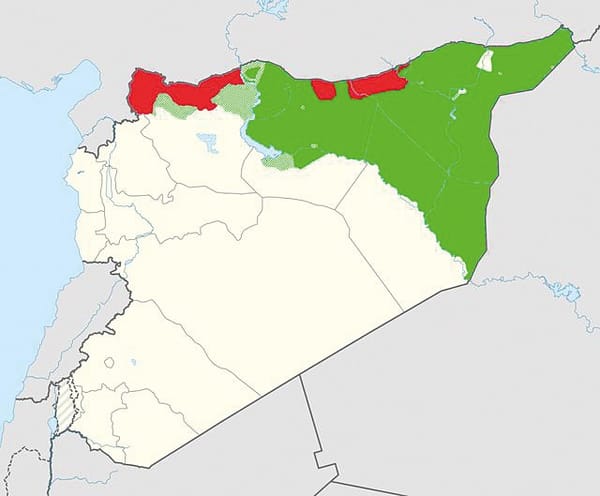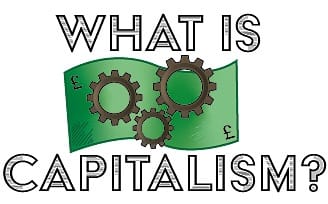Resurgence of Catalonian Separatist Violence
Prison sentences of up to 13 years handed down to Catalan leaders have brought people back to the streets

It’s 10pm in Barcelona. On a street corner, waste bins have been set alight, the noxious smell of burnt plastic penetrating the air. The piercing siren of a police van shatters the silence of the night as it speeds onto the scene. Running towards the van, a group of hooded people begin hurling rocks, debris and anything else to hand. The van door flings open and riot police leap onto the pavement and start chasing. The people scatter as rapidly as they appeared, they flee in all directions and disappear into the shadows cast by roaring flames of the burning waste.
This has been a common scene in Catalonia over the last few days. The recent events broke out on 14th of October when the Spanish Supreme Court sentenced nine former leaders of the Catalan independence movement to up to 13 years of prison. They were found guilty of sedition and misuse of public funds.
That day a pro-independence crowd blocked access to the airport of Barcelona, where more than 100 flights were to be cancelled as the crews couldn’t arrive to their workstations.
Since then, many peaceful mass protests have taken place, with over 500,000 people attending the Marxes per la Llibertat (Marchs for Freedom) in central Barcelona last Friday. Many of these demonstrators had arrived from all over Catalonia after several days of marching, causing the closing of several highways and roads.
However, among them are around 2000 violent masked youths that clash with police forces every night. Since the beginning of the protests, more than 200 of them have been arrested, including 100 that have already been brought to justice. According to official reports, one quarter of them have been sent to prison on the basis that because the demonstrations are ongoing, their probability of reoffending is high. An especially remarkable case of an arrested citizen accused of throwing a firework cracker at a Catalan police helicopter.
Preparations for these protests started weeks ago, in anticipation of the Supreme Court’s expected guilty verdict, not only by the independence movement but also by the Spanish Home Office, who in the last month has sent more than 1000 additional policemen to Catalonia.
The situation is also having a great effect in national politics, as there will be general elections in one month, and all the parties want to show their own solutions for the conflict, while taking the most out of these situation for winning some more votes.
The President of the Government of Spain, Pedro Sánchez, has critiqued them for their lack of support to the Government in such a serious situation. He has also confirmed that the Council of Ministers will not approve an indult for the inprisoned leaders, and has rejected applying extraordinary measures to cool down the situation in Catalonia, as the more conservative parties have claimed.
Context:
These events are only the latest developments in the Catalonian Independence movement that has hundreds of years of history. The most recent peak episodes of the movement occurred in October 2017 when an illegal referendum was held, followed by a declaration of independence from the President of Catalonia Carles Puigdemont and its approval by the Catalan parliament, which is controlled by separatist parties.
A judge ordered the detention of the movement leaders, but some of them, like Puigdemont, had already fled Spain. The arrested leaders were charged with rebellion by a public prosecutor, who accused them of promoting the violence during protests, especially the ones that occured right before and during the illegal referendum. Moreover, they were charged with embezzlement for using public funds to finance a banned vote.
Ultimately, the judge has just found them guilty of sedition, which is a similar crime to rebellion in that it promotes the subversion of the established order, but is not as grave because the level of violence is smaller.
However, rather than writing an end for this long story, this seems to become just one more episode of the long dispute between Spain. We will keep an eye on the next occurrences.







